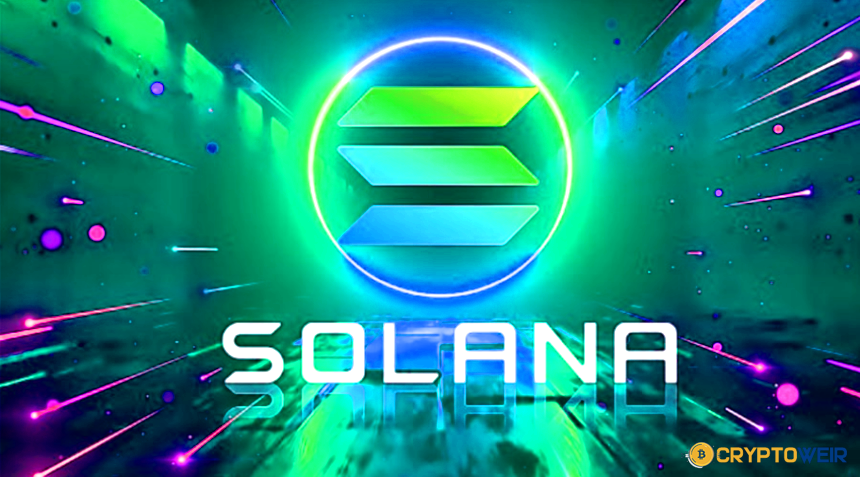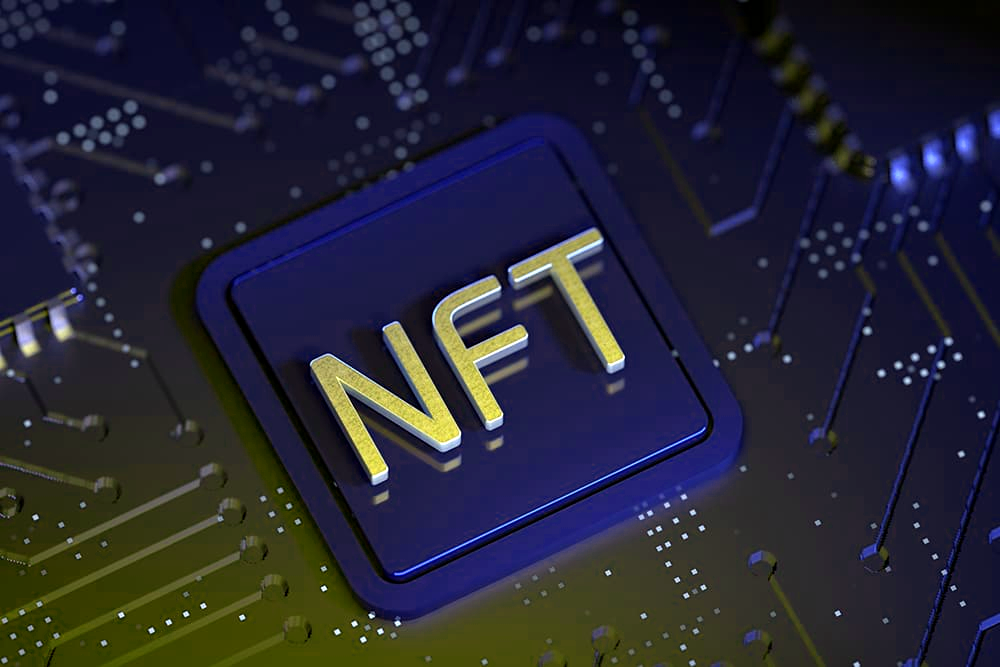Crypto and Elections: The Potential of Blockchain for Secure Voting Systems In 2023

Crypto and Elections: The Potential of Blockchain for Secure Voting Systems In 2023? In today’s digital age, the integration of technology into various aspects of our lives is becoming increasingly prominent. One area where technological advancements have the potential to revolutionize processes is voting systems. The emergence of cryptocurrencies and blockchain technology has opened up new possibilities for secure and transparent elections.
Introduction
Voting is a fundamental pillar of democratic societies, ensuring that citizens can express their opinions and shape the future of their communities. However, traditional voting systems often encounter issues such as voter fraud, manipulation, and lack of transparency. The integration of blockchain technology into the electoral process holds the promise of overcoming these challenges, offering a secure, transparent, and tamper-proof alternative.
The Importance of Secure Voting Systems
Secure voting systems are crucial for upholding the principles of democracy and ensuring the legitimacy of election outcomes. Without adequate security measures, there is a risk of compromising the integrity of the voting process, which can lead to public mistrust and undermine the democratic foundations of a society.
Challenges in Traditional Voting Systems
Traditional voting systems rely on centralized authorities, such as election commissions, to manage and oversee the entire process. However, this centralization creates vulnerabilities that can be exploited by malicious actors. Issues such as voter impersonation, ballot tampering, and hacking pose significant risks to the accuracy and fairness of elections.
Read More: The Rise of Ethereum: A Revolution in Blockchain Technology In 2023
Understanding Blockchain Technology

To comprehend the potential of blockchain for secure voting, it’s essential to understand the underlying technology. Blockchain is a decentralized and distributed ledger that records transactions across multiple computers or nodes. Each transaction is stored in a block, which is linked to the previous block, creating an immutable chain of records.
How Blockchain Can Enhance Secure Voting

Blockchain technology introduces several key features that can enhance the security and integrity of voting systems:
Transparency and Trust in Blockchain Voting
One of the most significant advantages of blockchain-based voting is its transparency. The decentralized nature of blockchain allows all participants to view and verify the recorded transactions. This transparency builds trust among voters, as they can independently verify the accuracy of the election results.
Immutable and Tamper-Proof Records
Blockchain’s immutability ensures that once a transaction is recorded, it cannot be altered or deleted without consensus from the network participants. In the context of voting, this means that the recorded votes are tamper-proof, providing a reliable and auditable trail of the electoral process.
Decentralization and Resistance to Attacks
Blockchain’s decentralized architecture makes it highly resistant to attacks. Unlike centralized voting systems, which have single points of failure, blockchain-based voting distributes the data across multiple nodes. This decentralization makes it extremely difficult for malicious actors to manipulate the results or compromise the system.
Eliminating Voter Fraud and Manipulation
By leveraging cryptographic techniques, blockchain-based voting
How Blockchain Can Enhance Secure Voting

Eliminating Voter Fraud and Manipulation
By leveraging cryptographic techniques, blockchain-based voting systems can ensure the authenticity of each vote and eliminate the possibility of voter fraud. Each vote is securely encrypted, making it impossible for anyone to tamper with or alter the voter’s choice. Additionally, the decentralized nature of blockchain ensures that no single entity has control over the voting process, minimizing the risk of manipulation.
Enhancing Accessibility and Participation
Traditional voting methods often face challenges related to accessibility, particularly for individuals who are physically unable to visit polling stations. Blockchain-based voting systems have the potential to overcome these barriers by enabling remote and mobile voting. Through secure digital platforms, citizens can cast their votes from anywhere, increasing overall participation and making the electoral process more inclusive.
Overcoming Skepticism and Adoption Challenges
Despite the potential benefits, blockchain-based voting systems still face skepticism and adoption challenges. Skeptics argue that the technology is not yet mature enough to handle large-scale elections and question its resilience against sophisticated attacks. Moreover, concerns regarding privacy and data security need to be adequately addressed to gain public trust and acceptance.
Case Studies: Blockchain Voting Implementations
Several countries and organizations have already explored the implementation of blockchain-based voting systems. Estonia, for example, has successfully integrated blockchain technology into their national elections, providing secure and transparent voting processes. Other countries, such as Switzerland and South Korea, have also conducted pilot projects to evaluate the feasibility and effectiveness of blockchain-based voting.
The Future of Blockchain Voting Systems
The future of blockchain-based voting systems is promising. As technology continues to advance and public awareness increases, we can expect to see wider adoption of blockchain in electoral processes. With ongoing research and development, the scalability and security concerns associated with blockchain can be addressed, making it a viable option for secure and transparent voting systems worldwide.
Potential Concerns and Limitations

While blockchain has the potential to revolutionize voting systems, it is essential to acknowledge its limitations and potential concerns. Some of these include:
Technical Challenges
Implementing blockchain-based voting systems requires expertise in blockchain technology, which may pose challenges for less technologically advanced regions or countries.
Digital Divide
Blockchain-based voting systems heavily rely on internet connectivity and digital infrastructure. The existence of a digital divide can hinder the accessibility and inclusivity of such systems.
Voter Privacy
Balancing the transparency of blockchain with voter privacy is a complex issue. Striking the right balance is crucial to ensure the integrity of the voting process while protecting individuals’ privacy rights.
Conclusion
Blockchain technology has the potential to revolutionize secure voting systems in 2023 and beyond. By leveraging its transparency, immutability, and decentralization, blockchain can address the challenges faced by traditional voting methods, such as fraud, manipulation, and lack of trust. However, adoption challenges and concerns must be addressed to ensure the widespread acceptance and implementation of blockchain-based voting systems.





